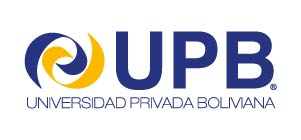Title of the project:
Market study and development of protein concentrates from tarwi (Lupinus mutabilis)
Responsible:
Carmen Carla Quiroga Ledezma, PhD
Email: ccquiroga@upb.edu
Summary:
The tarwi (Lupinus mutabilis Sweet) is a legume with high nutritional value. The grain has a protein content higher than 50% on a dry basis, the digestibility and bioavailability of the grain proteins are comparable to that of soybean, for this reason it is also called the "soybean of the Andes”. Its amino acid profile clearly shows the high quality of tarwi proteins, for example, the values of most of its essential amino acids, such as isoleucine, leucine, lysine, phenylalanine and tyrosine are higher than the values of the reference standard of FAO, for both processed (cooked) and unprocessed grain.
The traditional consumption of tarwi is in the form of cooked wet grain “mote”, although nowadays, one can also find some processed products such as “mote” in brine and tomato sauce. Currently there are several organizations that are working on reintroducing tarwi into the diet of the Bolivian population due to its nutritional and functional properties, however a greater diversification of products with added value is sought based on this legume. In this sense, the development of attractive products from tarwi can contribute to this end, for example, the development of a protein concentrates to be consumed as a nutritional supplement or used as an input in the production of different food products whose protein content are low or are not properly balanced or have as limitation any of the essential amino acids in which tarwi is rich.
